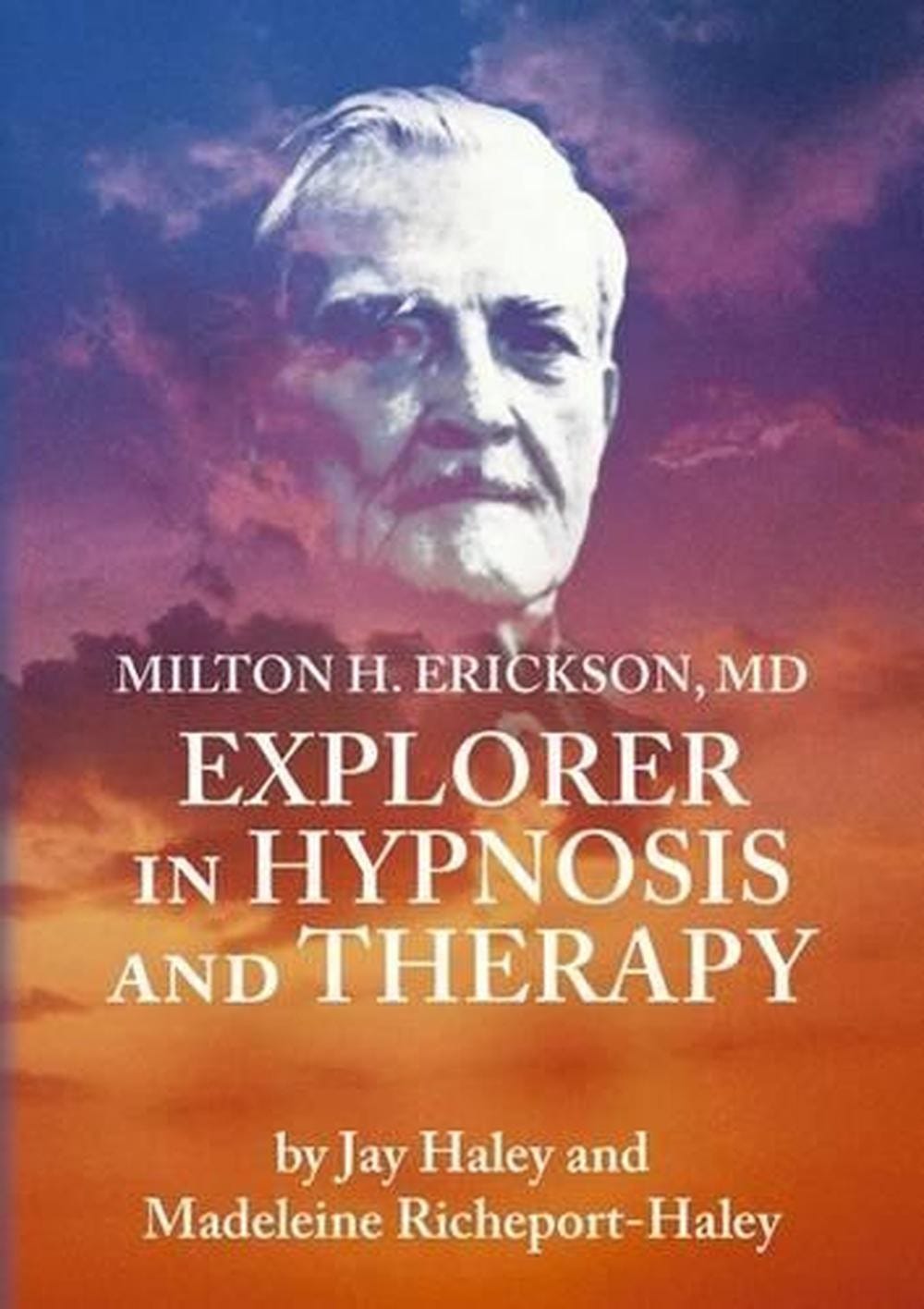Karl Thom, a Canadian family therapist, reminded us that so called difficult clients are just doing what they are doing. We call them difficult because they are not doing what we think they should be doing.
I like to add to his comments by saying that there are no resistant clients - just resistant therapists.
Erickson reminded us that each client is an individual, so we need to tailor our approach to fit each individual client rather than tailoring the individual to fit a Procrustean bed of some artificial theory.
Bruce Wampold in his book, “The Great Therapy Debate”, emphasised that the client factors [87% contribution to effectiveness] is so much more important than the particular therapy approach [up to 1%], placebo, which we might call expectancy [6%] and the therapeutic relationship [6%]. His meta-analysis leads us to explore who this individual client is by asking what they like to do, what’s important to them, etc.. This accesses 87%. Erickson helpfully reminds us, again, that every person has more resources than they realise, and we can explore what they like to do, what they are good at, to find whatever specific resource this unique person would benefit from using. [6%] Further, we are led to be genuinely empathic to foster the therapeutic relationship, and embodying our mood of expectancy [placebo] so the client can catch our mood and also to inoculate us against catching their mood of resignation which is a predictable presence in any problem [6%].
If we find ourselves, and if we are human, it will happen sometimes, reacting to a client as difficult or resistant, instead of labelling them as having secondary gain, our response can be an opportunity to back paddle and listen more closely to who THIS person is, what’s missing for THIS person, and adjust our mood to expectancy, and be genuinely empathic.
A man wanted hypnosis to stop smoking, and said that he had an addictive personality. I gave him a long lecture about how “addictions” was a label invented by clinicians to make their work easier, and also “personalities” was another label. He tolerated my sermon, but was asn’t impressed. Then, in an all too rare occasion, I had an epiphany and remembered his “additive personality”, and instead of trying to convert him to my superior perception, Erickson’s ghost whispered in my ear “Accept and utilise” and I could respectfully invite him to use his “addictive personality” to become addicted to breathing fresh air, and warned him that he might find himself in a smoke filled room, and feel compelled to go outside to get a breath of fresh air. We then were able to move in a useful direction.
This can feel risky, like stepping off solid ground into the unknown, but the risk can be worth it. Columbus had to sail away from The Old World and lose sight of it to have the possibility of finding The New World. Any explorer knows this, like Jay Haley & Madeleine Richaport-Haley used as a title for their 2006 documentary Milton H Erickson MD, Explorer in Hypnosis and Therapy.
I invite you to try it.

